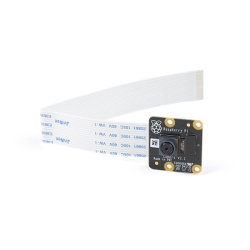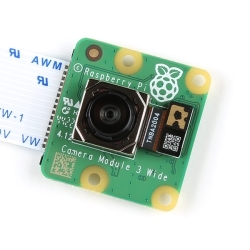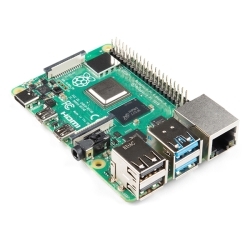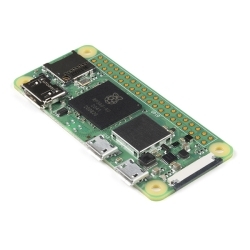Raspberry Pi Camera Module 3 NoIR - Wide Angle
The Raspberry Pi Camera Module 3 is the latest entry in our mainstream camera line-up, and the successor to the popular Camera Module 2.
Product Overview
The Raspberry Pi Camera Module 3 NoIR (Wide Angle) is the latest entry in the mainstream RPi camera line-up, and comes without an IR filter (thus the NoIR). Built around a 12-megapixel Sony IMX708 image sensor module, Camera Module 3 offers a few key enhancements over its predecessor. Improved low-light sensitivity makes for better photos and output in situations where there's not a lot of light. The module also features powered autofocus making it easier to get a sharp picture output. Finally the Camera Module 3 features High Dynamic Range (HDR) support expanding the range of color and contrast in the output.
This NoIR version features a wide-angle lens (120° field of view). It also comes in a standard lens (76° field of view) variation which is available in the related products below.
Features & Specs
- Back-illuminated and stacked CMOS 12-megapixel image sensor (Sony IMX708)
- High signal-to-noise ratio (SNR)
- Built-in 2D Dynamic Defect Pixel Correction (DPC)
- Phase Detection Autofocus (PDAF) for rapid autofocus
- QBC Re-mosaic function
- HDR mode (up to 3 megapixel output)
- CSI-2 serial data output
- 2-wire serial communication (supports I2C fast mode and fast-mode plus)
- 2-wire serial control of focus mechanism
Documentation
Customer Reviews


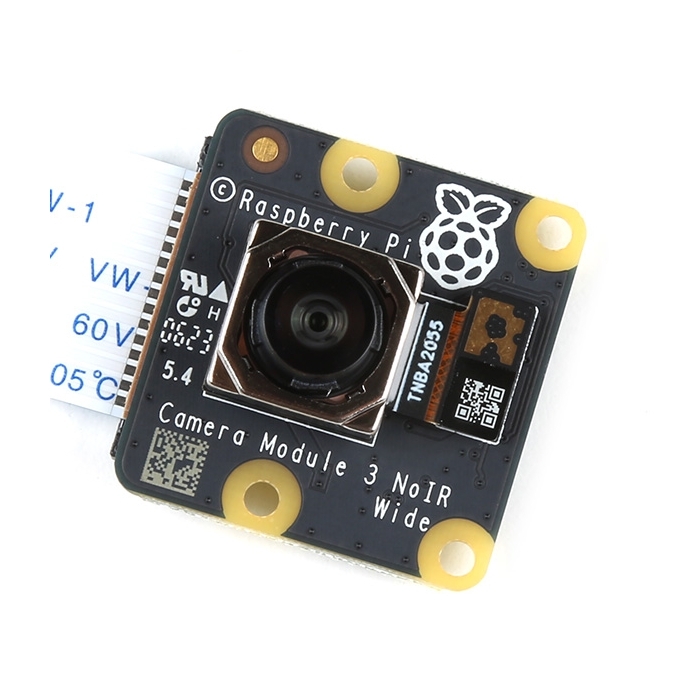
 Product Brief
Product Brief
